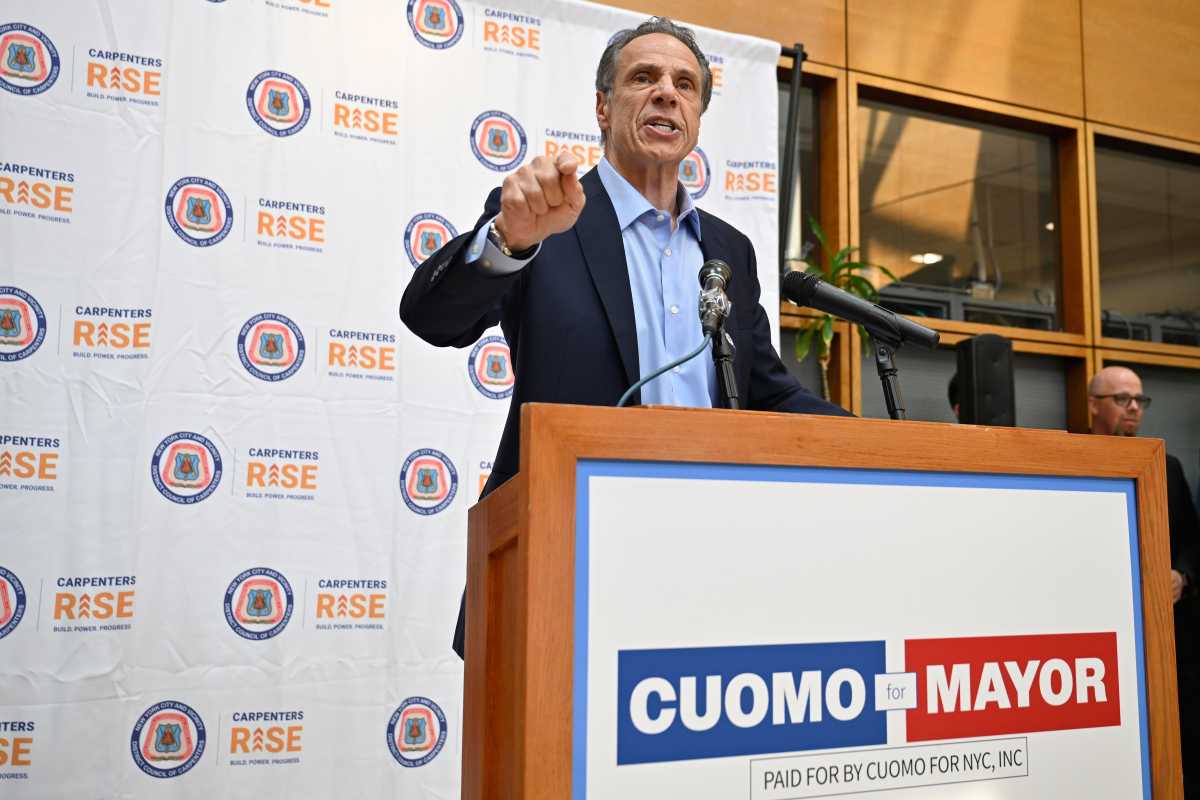By William Lewis
The Constitution of the United States names the president of the United States as the commander in chief of our armed forces.
At the time that our nation began and up until the present time, out of our 44 presidents, 31 had military backgrounds prior to gaining the presidency. Thirteen of the 44 did not have any military background.
The question has arisen that since the president automatically is the commander in chief, it should be a requirement that they have a military background, although it can be said that several presidents who did not have a military background performed well during wartime.
That would include Woodrow Wilson during World War I and Franklin Roosevelt during World War II. Both led our military forces and our allies to victory.
However, when we look at the early times of our nation, we see that George Washington, when he became president, was greatly admired by the American people. He led our revolutionary forces for several years. He is considered one of our great presidents.
Andrew Jackson had a distinguished military background prior to becoming president, especially at the Battle of New Orleans in 1815, when he led our forces to victory over the British. It is interesting to note that neither Washington nor Jackson had a formal education, but learned through tutors.
As we moved forward throughout our history, candidates for the presidency who had a military background had an advantage over their opponents if that person did not have such a background.
In 1840 William Henry Harrison ran one of the most enthusiastic campaigns in American presidential history. He had a strong military background in terms of fighting against Indian tribes in the western part of our country.
When we look at Ulysses S. Grant, who led the Union forces during the Civil War, and Dwight D. Eisenhower, who led the American armies in Europe during World War II, we see two military victors who became president after the wars.
Eisenhower, especially, won in a landslide. One other person who received prominence for his military exploits was Theodore Roosevelt, who helped lead the American military forces to victory in the Spanish-American War.
As a military hero he became the president.
In the White House, decisions are needed on using military force and the debate becomes when is the time to use them.
Those with military backgrounds might have a different opinion than those without such a background.
Again, the question arises, should a president as commander in chief have some military background? President Harry Truman did have it, but President Franklin Roosevelt did not. The both seemed to perform well during wartime, however.
Our nation is not just a great power, but a super power. The more knowledge and skills our leaders have, the better it is for our nation.



































